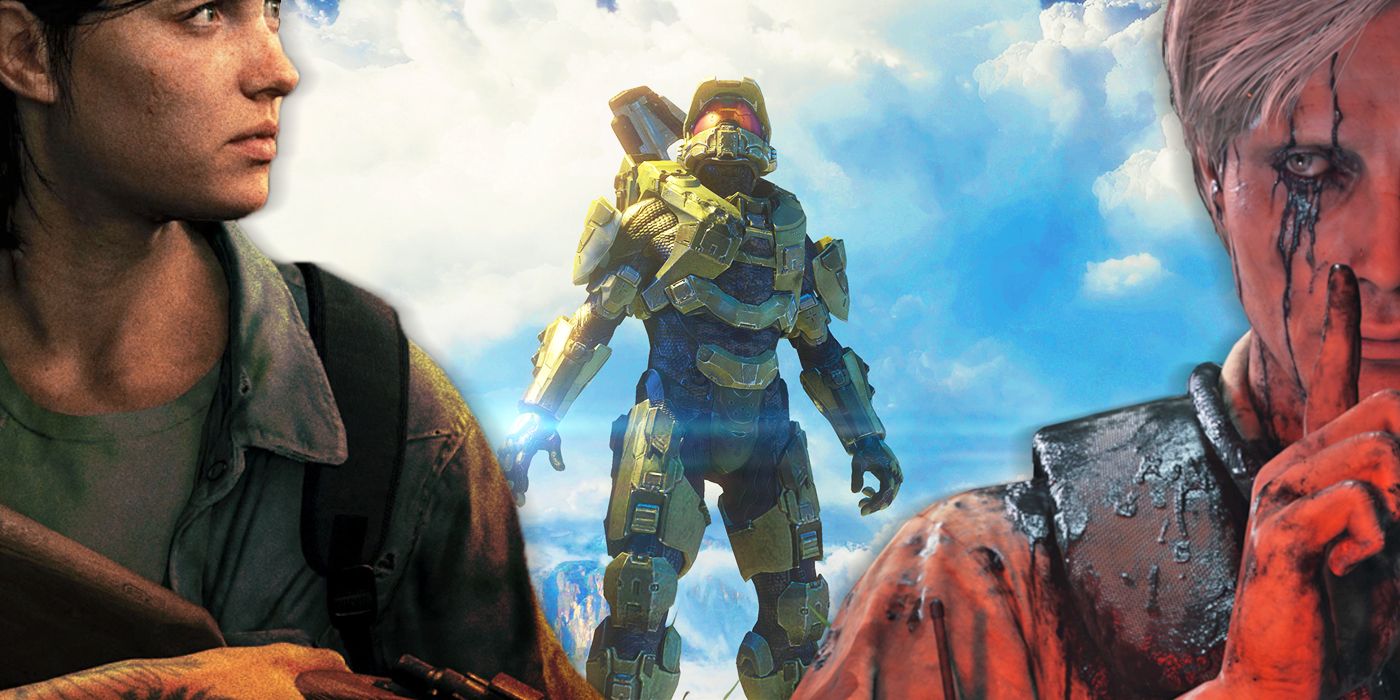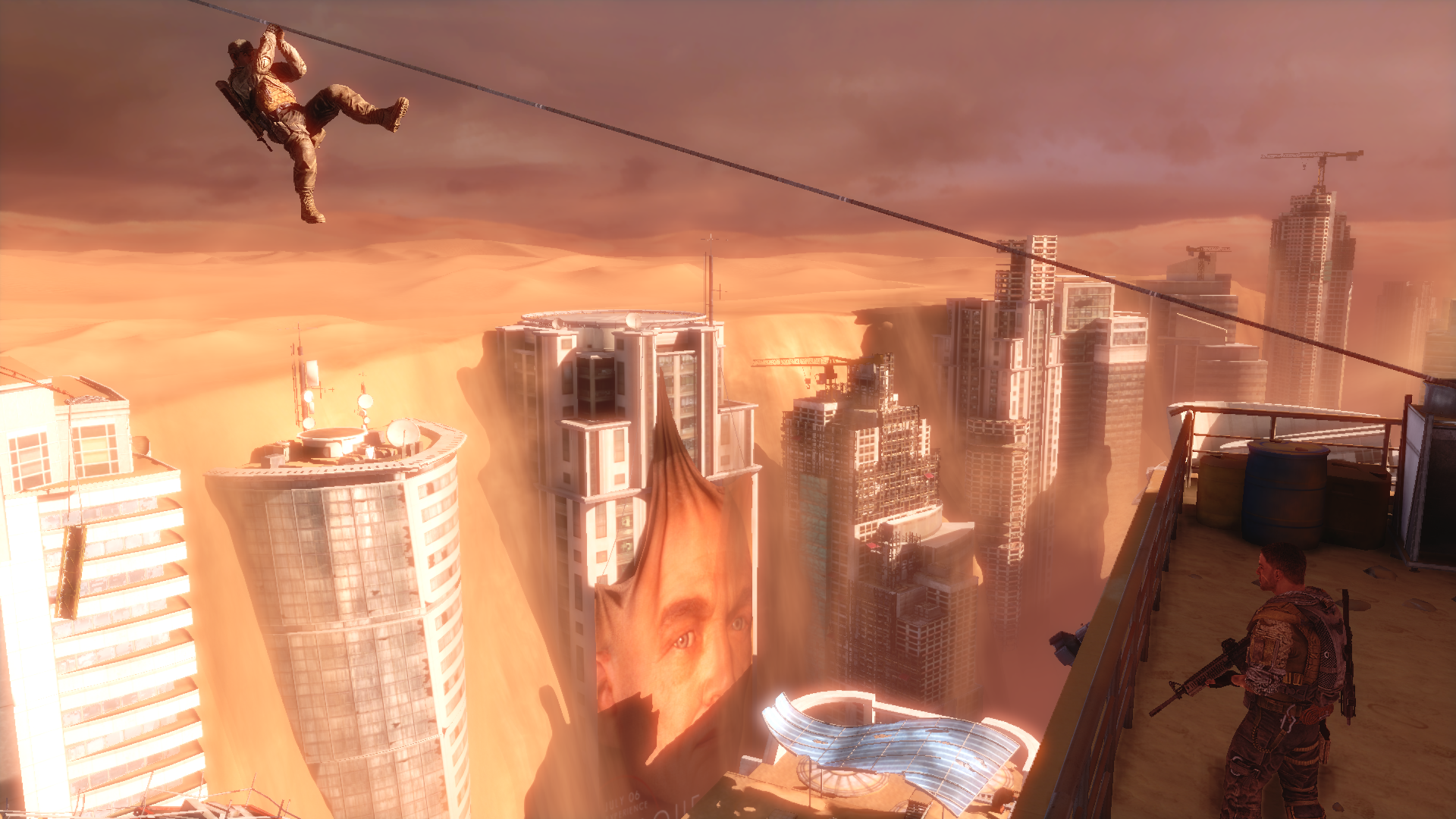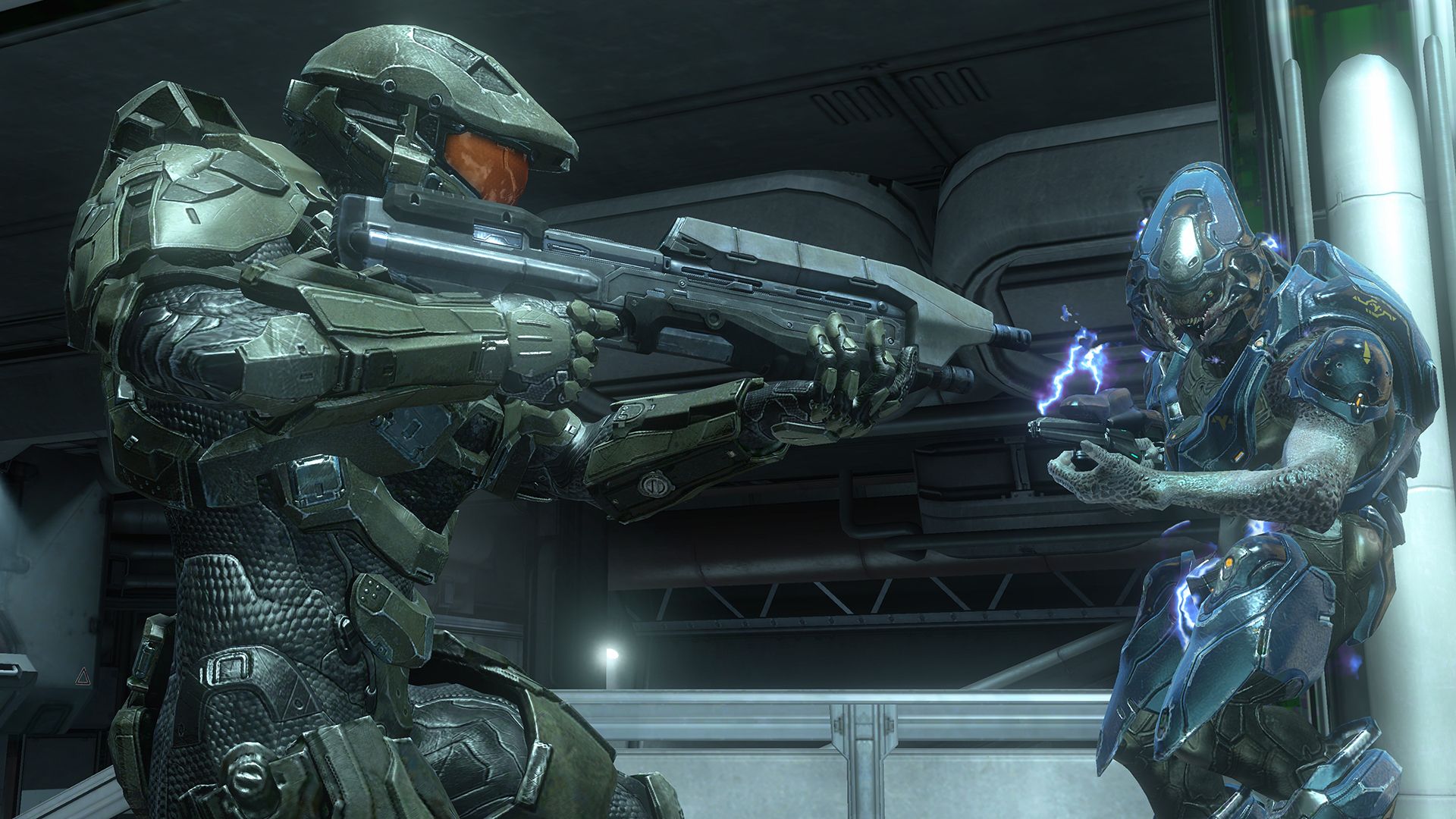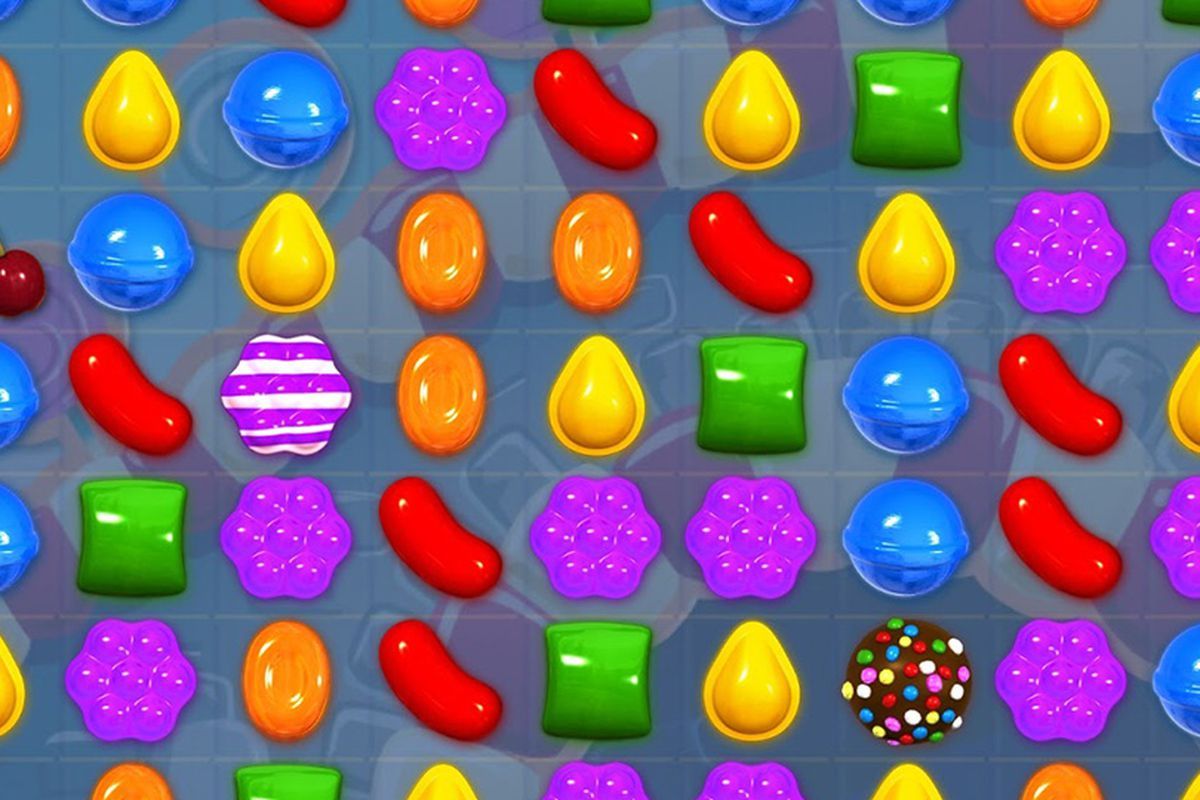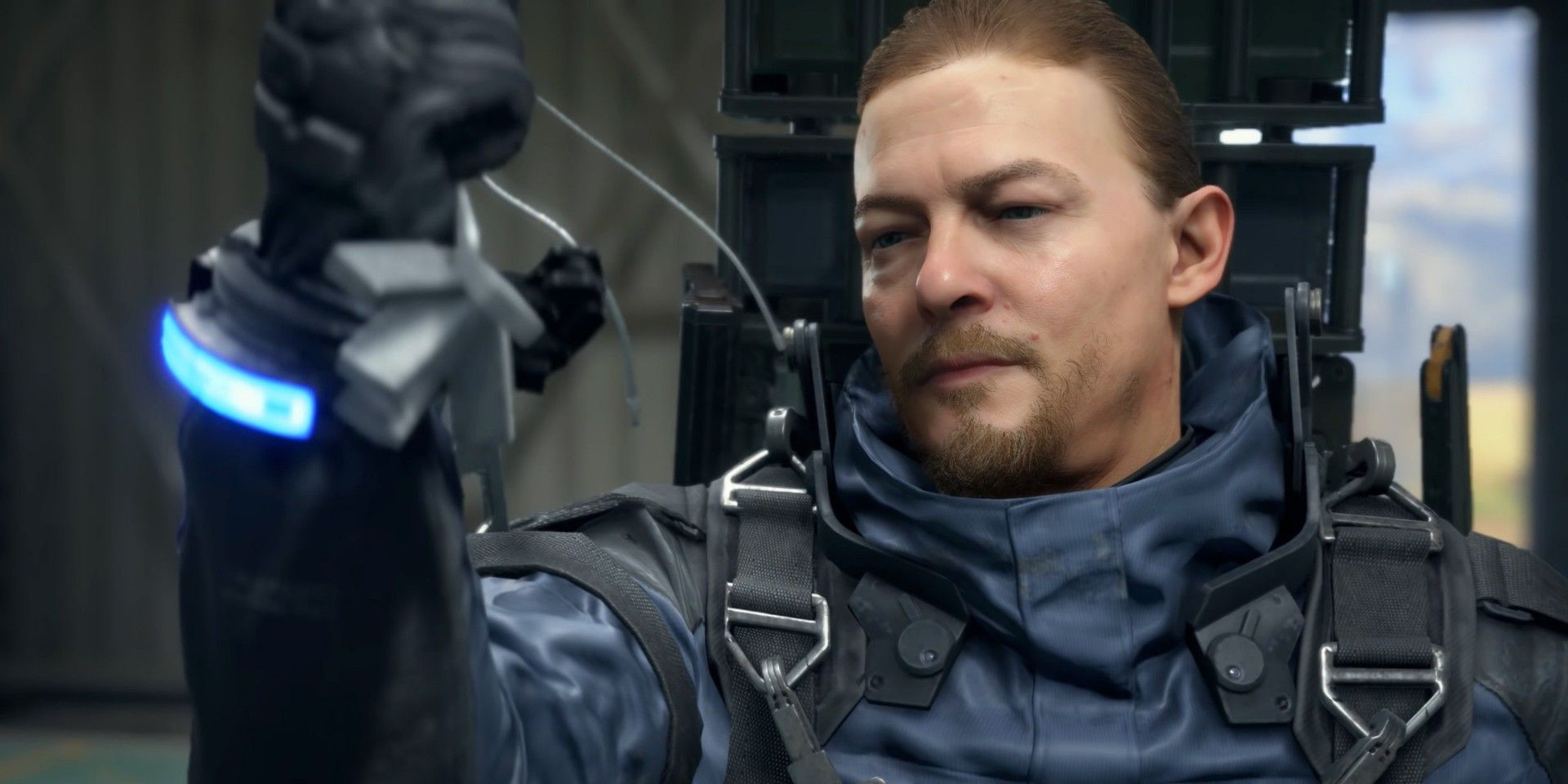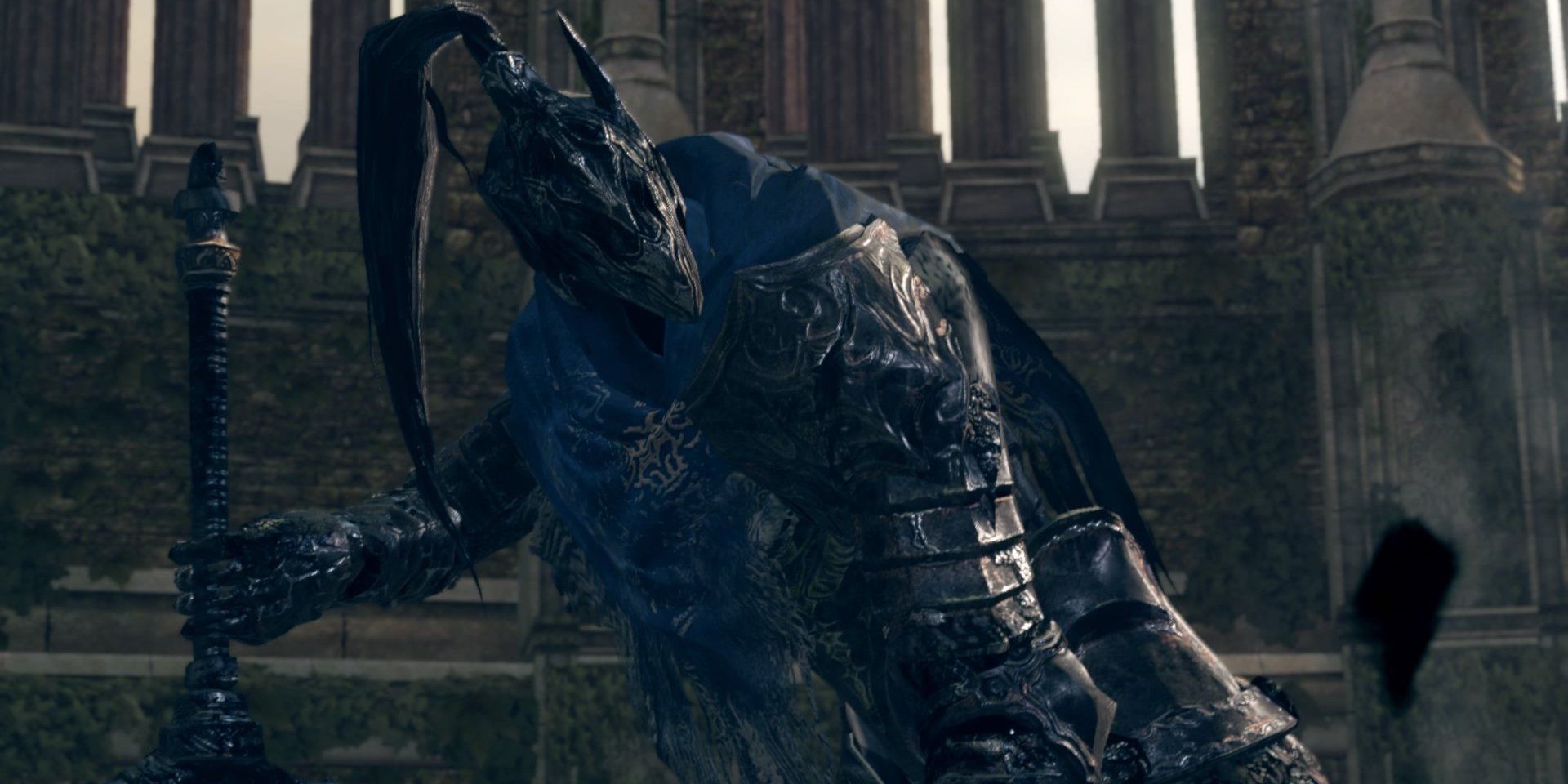Perhaps the only non-controversial thing you can say about The Last of Us Part II is that it has been divisive. Though it launched to overwhelming critical acclaim, gamers have been more split on the title. While many agree with the critics who say that the game is a masterpiece that builds upon its brilliant predecessor, others take issue with the sequel's story and characters.
These days, it seems like gamers are increasingly divided, whether that's from critics or one another. While opinions on games are far from new, it seems like most people either love or hate particular games and are defensive when questioned by those who disagree. The Last of Us Part II, while it may be an extreme example, is not the first game to go through this. Let's take a look at some of the most divisive games of the last decade.
Spec Ops: The Line
Most players see Spec Ops: The Line as either a watered-down Gears of War-esque cover shooter or a brilliant, scathing indictment of the portrayal of war in media. The story saw Dubai in shambles as the player gradually succumbs to wartime trauma, committing increasingly more horrible acts as they slip further into their mental illness.
While that on its own may sound like every other modern military shooter, Spec Ops: The Line went the extra steps to graphically highlight the atrocities committed by armed forces on foreign soil. It even got banned in parts of the world. Playing on modern day sentiments on global armed conflicts is a recipe for mixed reactions at best, and the sales numbers of Spec Ops: The Line proved it.
Halo 4
Halo 3 provided the perfect ending to a beautiful series of games that culminated in global celebration. Humanity had stopped the flood, was rebuilding colonies and, unless you completed the title on legendary, Master Chief entered what appeared to be in a permanent state of cryosleep. However, this wouldn't last. Predictably, the successful franchise spawned another sequel -- this time made by 343 Studios instead of Bungie.
Although not considered a bad game and certainly being profitable, the lead up to Halo 4's launch was wrought with criticism towards Microsoft and 343 Studios, most of which accused the companies of milking the Halo brand. While mechanically similar to its predecessor and aesthetically pleasing, the title was quickly met with backlash from purists due to its many changes to the established formula. The game made adjustments to vehicles and weapons and featured a controversial story involving Cortana. It wouldn’t be until its release where Halo 4 was allowed to stand and fall on its own merits.
Candy Crush
Candy Crush is an incredibly simple game, but one that has been blamed for ushering a new, unwanted era of gaming. While perhaps it didn't invent microtransactions, it certainly brought them into the mainstream. It also sparks a deeper and even more divisive conversation regarding whether mobile gaming (at least in terms of free-to-start games with microtransactions) is gaming at all.
Regardless of what side of that fence you’re on, the popularity of Candy Crush makes it a mastodon in the room of video games, even in 2020. The divisiveness of the title doesn’t lie in its gameplay, mechanics, or graphics -- it is focused on whether its monetization structure hurt the industry and if fans or critics consider it to be part of "gaming" at all.
Death Stranding
The debate over whether or not video games qualify as art is seen on full display with Death Stranding. Whether you see Hideo Kojima’s first independent title as a walking simulator, interactive art film, delivery game or something else entirely, you're not wrong, and you'll certainly find more people who agree with you.
However, just as you'll find likeminded people, you'll find plenty more who declare your opinion on the game is incorrect. Death Stranding gives players plenty of time to make up their minds as they wander the post-apocalyptic wasteland, dodging specters and carrying babies throughout the game's campaign. Kojima Productions set out to develop a game that would spark conversations over kill streaks, and it succeeded -- perhaps too well.
Dark Souls
Touted by its community as being a title for "real" gamers, Dark Souls started an entire subgenre of unforgiving, difficult to control action-platformers with RPG elements: the Soulslike. Modern gaming is inexorably linked to the barriers it has raised between "real" gamers everyone else, with some elitist members of the gaming community rejecting anything seen as casual and approachable for new players.
Much of the Dark Souls and Soulslike community lives and breathes on the notion of pride. They display their ever-decreasing times to beat these games on display as a badge of honor that differentiates them from those who failed to complete the game at all. Dark Souls is not only divisive because of its difficulty spikes, which some see as unfair, but because of the gate it seems to have built between gamers.

